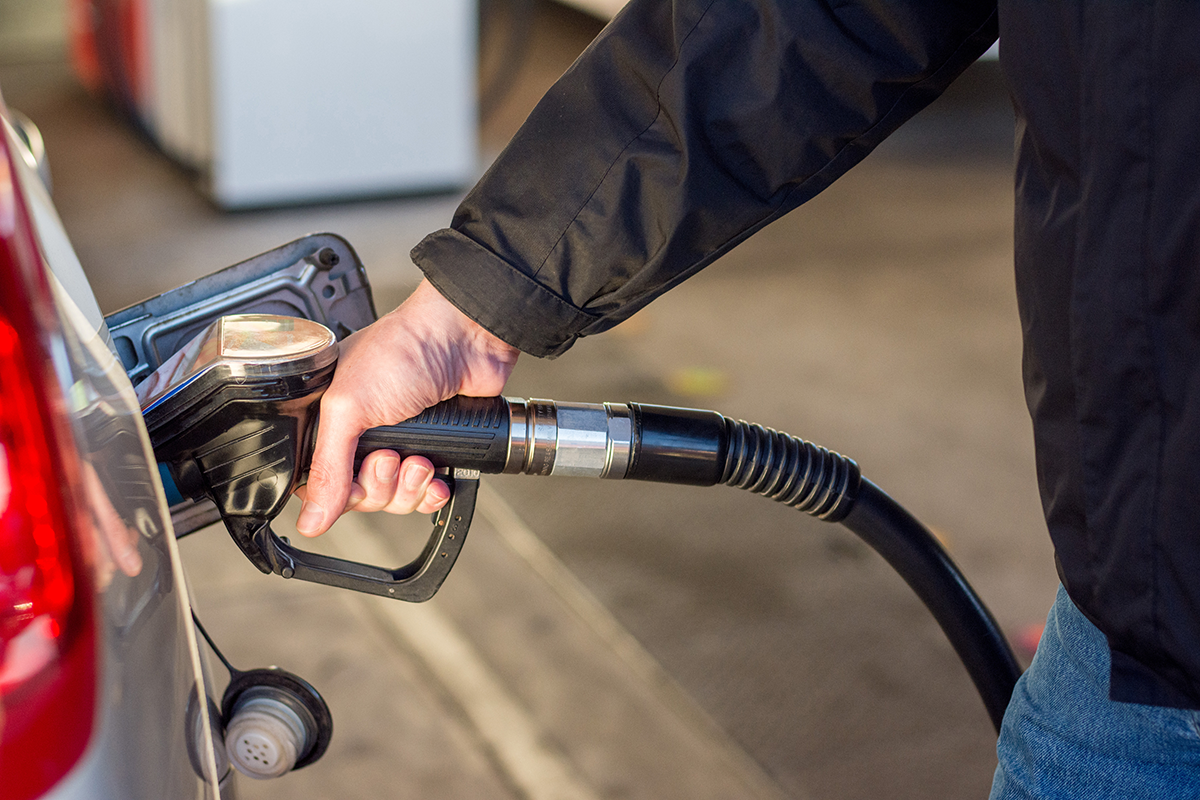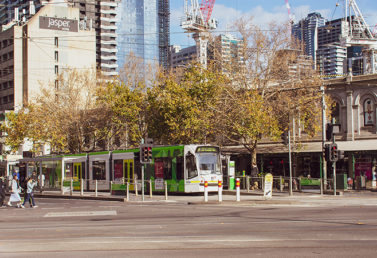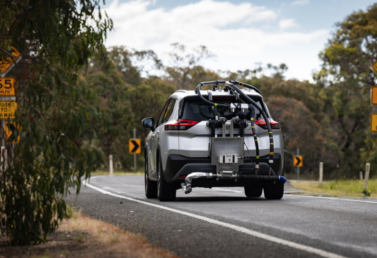The nation’s peak motoring body has released independent research showing two-thirds of Australians want 100% of the money raised from excise put back into road and transport infrastructure.

Following the Treasurer’s announcement that fuel excise will be reinstated to its full rate next Wednesday night, the nation’s peak motoring body has released independent research showing two-thirds of Australians want 100% of the money raised from excise put back into road and transport infrastructure.
The poll of 1910 Australians conducted in August saw cost of living as the number one issue for 53% of those polled, well ahead of health (9%) and climate change (3%).
Ten per cent of those polled identified fuel costs as their top issue of concern (included within the cost of living total).
Key findings (poll of 1910 Australians by Insightfully):
AAA Managing Director Michael Bradley said: “High fuel costs continue to be a major concern for Australian motorists, who clearly expect the taxes they pay at the bowser to be spent on making their transport network safer and more effective.
“It is clear that a strong majority of motorists oppose a 25 cent per litre increase in fuel excise, but motorists are more accepting of this tax if they see it being spent on the roads and transport infrastructure their communities need.
“The AAA again calls for the October Budget to allocate 100 per cent of fuel excise revenue raised to Commonwealth funding of land transport infrastructure.”
The AAA did not support the March Budget’s halving of fuel excise as it reduced revenue available for infrastructure investment by $3 billion, while doing nothing to address the sustainability or fairness of Australian motoring taxation, nor the factors that continue to drive up prices.
The AAA also flagged concerns that there was no guarantee the cut would be passed onto motorists by fuel retailers.
Background:
*Fuel Excise reinvestment over past ten years (source – Federal Budget Papers and Australian Infrastructure and Transport statistics yearbooks):
| Financial Year | Land Transport Expenditure ($million converted to 2020-21 dollars) | Net Fuel Excise ($million converted to 2020-21 dollars) | Percentage Reinvestment in … (see comment above) |
| 2011–12 | $8,739.61 | $12,878.50 | 67.9% |
| 2012–13 | $4,097.91 | $13,277.09 | 30.9% |
| 2013–14 | $7,799.97 | $12,737.12 | 61.2% |
| 2014-15 | $5,449.33 | $12,417.68 | 43.9% |
| 2015-16 | $6,112.84 | $12,416.47 | 49.2% |
| 2016–17 | $8,197.95 | $12,585.34 | 65.1% |
| 2017-18 | $7,444.45 | $12,958.29 | 57.4% |
| 2018-19 | $6,434.66 | $12,484.35 | 51.5% |
| 2019-20 | $5,248.38 | $12,835.38 | 40.9% |
| 2020-21 | $8,882.00 | $12,715.00 | 69.9% |
| Total | $68,407.10 | $127,305.22 | 53.7% |
AAA Media contact: [email protected]
The Australian Automobile Association is the nation’s peak motoring body, representing Australia’s state-based motoring clubs and their 8.7 million members. The AAA is an apolitical and technology-neutral advocate for federal transport policy that improves safety, affordability, and mobility.

The latest AAA Transport Affordability Index reveals transport cost rises exceeded the consumer price index not only in the September 2023 quarter but also over the 12 months to the end of September.
read more
Initial results of Australia’s first program to test vehicle real-world performance show the cars tested use up to 13% more fuel on the road than they did in lab tests reported by manufacturers.
read more
The quarterly update of the AAA’s EV Index shows the Australian new vehicle market continuing to change.
read more